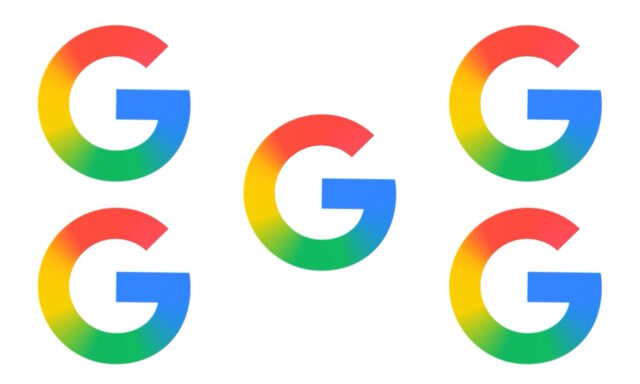
Privacy Sandbox was Google’s vision for replacing third-party cookies, but now the company is giving up and moving on from the idea. First launched six years ago, Privacy Sandbox suffered with low-adoption, and Google has gradually snuffed out various technologies relating to the system. Now it has taken things further.
Google says that “after evaluating ecosystem feedback about their expected value and in light of their low levels of adoption”, it has taken the decision to retire more Privacy Sandbox technologies. But this does not really paint a true picture of what is happening.
In an article entitled “Update on Plans for Privacy Sandbox Technologies”, Anthony Chavez – Vice President of Privacy Sandbox – says: “we’ve decided to retire the following Privacy Sandbox technologies: Attribution Reporting API (Chrome and Android), IP Protection, On-Device Personalization, Private Aggregation (including Shared Storage), Protected Audience (Chrome and Android), Protected App Signals, Related Website Sets (including requestStorageAccessFor and Related Website Partition), SelectURL, SDK Runtime and Topics (Chrome and Android)”.
This does not make it clear that Privacy Sandbox (as a brand, at least) is being killed off completely. In a statement provided to AdWeek, Google elaborates by saying:
We will be continuing our work to improve privacy across Chrome, Android and the web, but moving away from the Privacy Sandbox branding. We’re grateful to everyone who contributed to this initiative, and will continue to collaborate with the industry to develop and advance platform technologies that help support a healthy and thriving web.
It seems that Google is trying to look back at the failed Privacy Sandbox experiment as a learning experience: “For the areas moving forward, we’ll continue to utilize learnings from the retired Privacy Sandbox technologies, share web platform proposals for ecosystem feedback, and build with developer choice and user protection at the core. For example, feedback from companies who built on the Attribution Reporting API will help inform our work on an interoperable Attribution web standard through the Private Advertising Technology Working Group of the W3C“.
We’re grateful to everyone who contributed to the design and development of the Privacy Sandbox technologies. As the web ecosystem continues to evolve, Chrome will continue to collaborate with stakeholders across industry forums, trade groups, the W3C and GitHub to develop and advance platform technologies that help support a healthy and thriving web.
There are a handful of things which Google will be keeping alive:
We believe the proposed interoperable Attribution standard has the potential to support this objective in a privacy-preserving fashion, and we’ll continue to engage on it through the web standards process in collaboration with a wide range of stakeholders including other browser makers.
CHIPS and FedCM, which improve cookie privacy and security and streamline identity flows respectively, have seen broad adoption, including support from other browsers. We’ll continue to support those APIs and evaluate opportunities for future enhancements. We’ll also maintain Private State Tokens and explore additional approaches to help developers reduce fraud and abuse.


